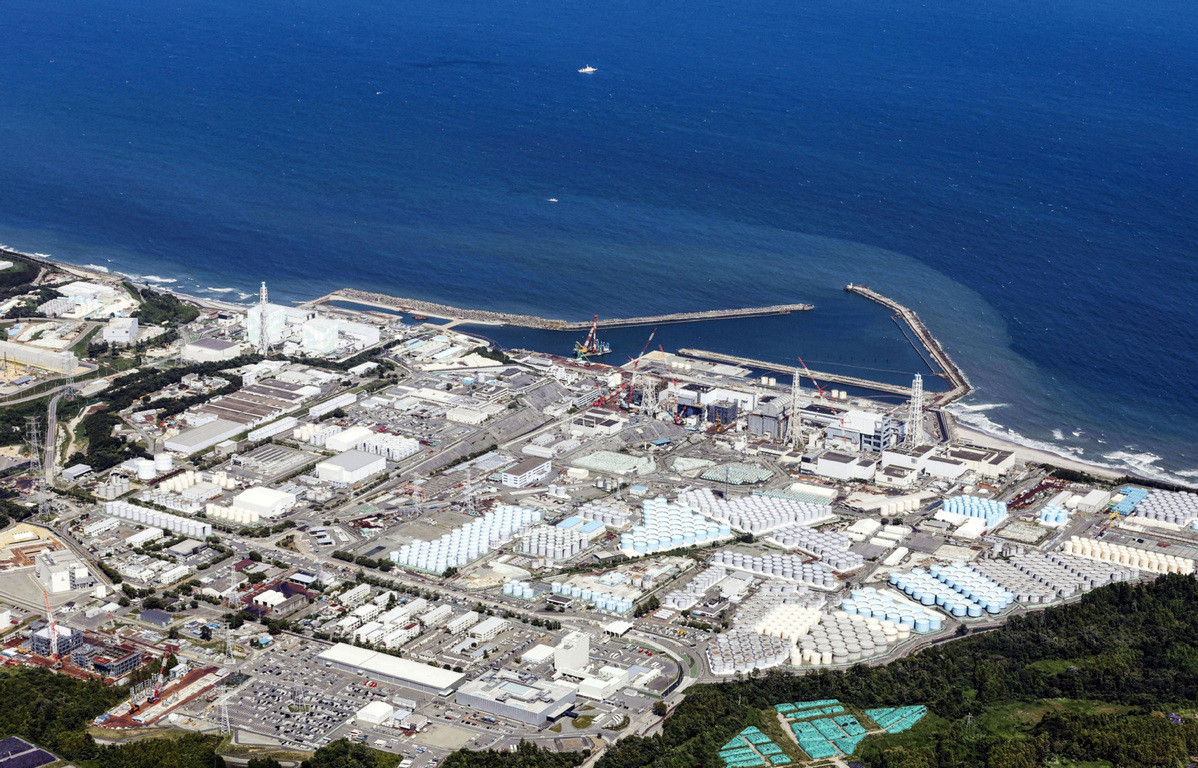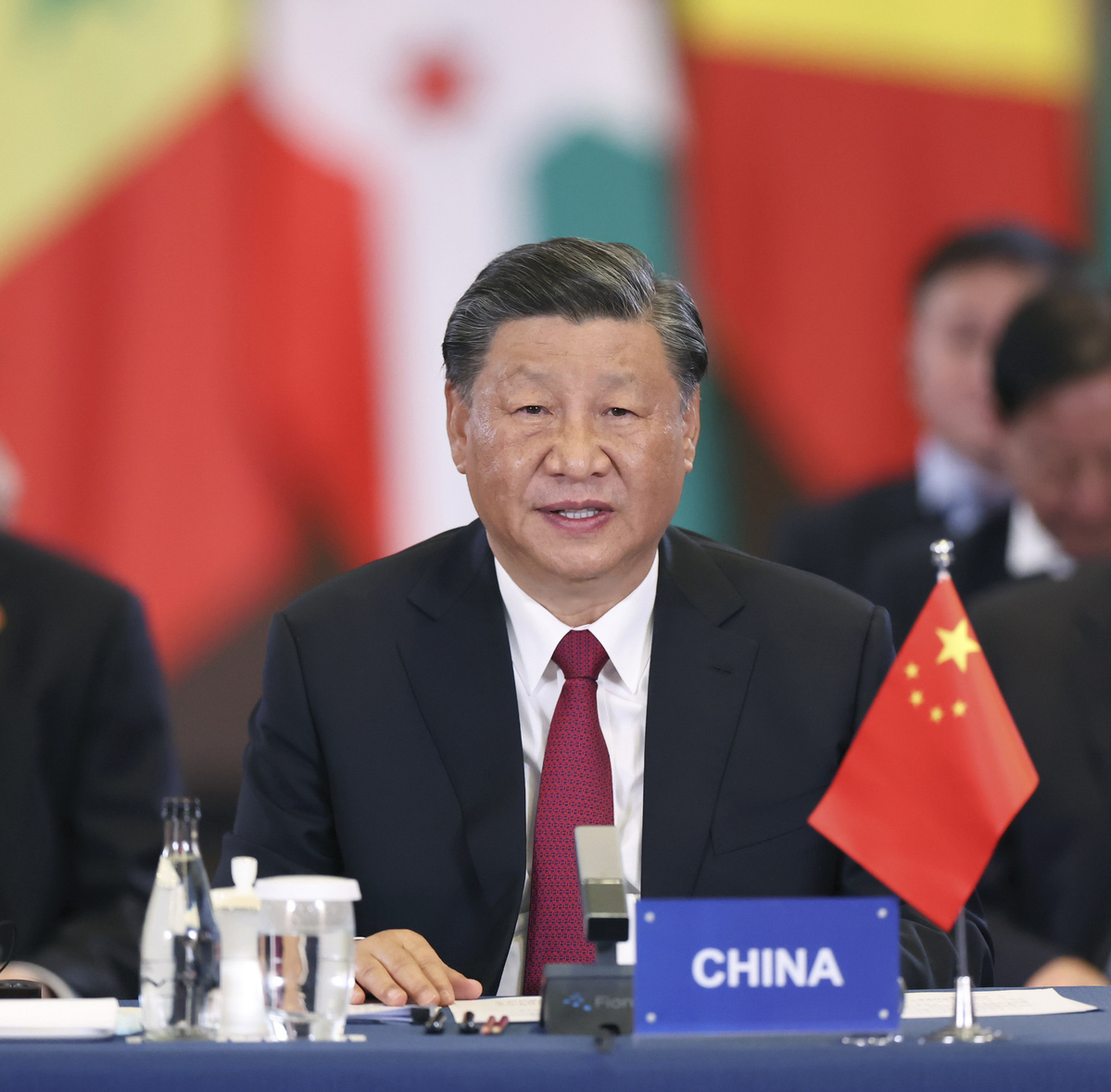In a ripple effect felt far beyond its borders, the decision by Japan to release nuclear-contaminated water into the ocean has triggered an unexpected aftermath. Panic has spread to many Chinese cities, where residents are stockpiling salt amidst fears of radioactive contamination. This alarming situation has raised questions about the broader repercussions and potential impacts on the global aquatic industry.
Salt Panic Grips Chinese Cities
As news of Japan’s oceanic discharge of nuclear-contaminated water broke, a surge of panic-buying swept through various Chinese cities. The concern stems from worries that future salt production could be tainted with radioactive elements. A quick response was essential to quell the chaos, with salt companies and the government working to assure citizens of their safety.
Swift Reassurances and Local Resources
Yunnan Salt, a State-owned enterprise, swiftly took action to allay public fears. They emphasized that their salt, sourced from ancient deep wells formed millions of years ago, remained uncontaminated. Their production capacity of 1.7 million tons annually promised an ample supply of safe salt. Similarly, Yexian county in Henan province highlighted its vast reserves of rock salt mineral, assuring it could cater to the nation’s salt needs for millennia.
Broader Concerns Extend Beyond Salt
While the immediate salt crisis was managed, this incident raises larger concerns. Comparable situations have emerged before, such as South Korea experiencing a salt rush leading to a steep price hike due to contamination fears. Wider apprehensions now surround seafood and aquatic products. With nuclear-contaminated water rapidly dispersing across the Pacific Ocean, countries like South Korea, Southeast Asian nations, the United States, and even Japan itself could experience similar rushes for seafood products.
In the wake of Japan’s alarming release of nuclear-contaminated water into the ocean, the ensuing ripple effect has manifested in unforeseen ways. Panic buying of salt in Chinese cities only scratches the surface of the deeper anxieties. The global aquatic industry faces an uncertain future as the contamination spreads across oceans. Urgent global cooperation is essential to prevent this situation from spiraling into a nightmare that could span decades. It is a pivotal moment for Japan to acknowledge its responsibility and for the world to unite in safeguarding the planet’s invaluable aquatic resources.
















